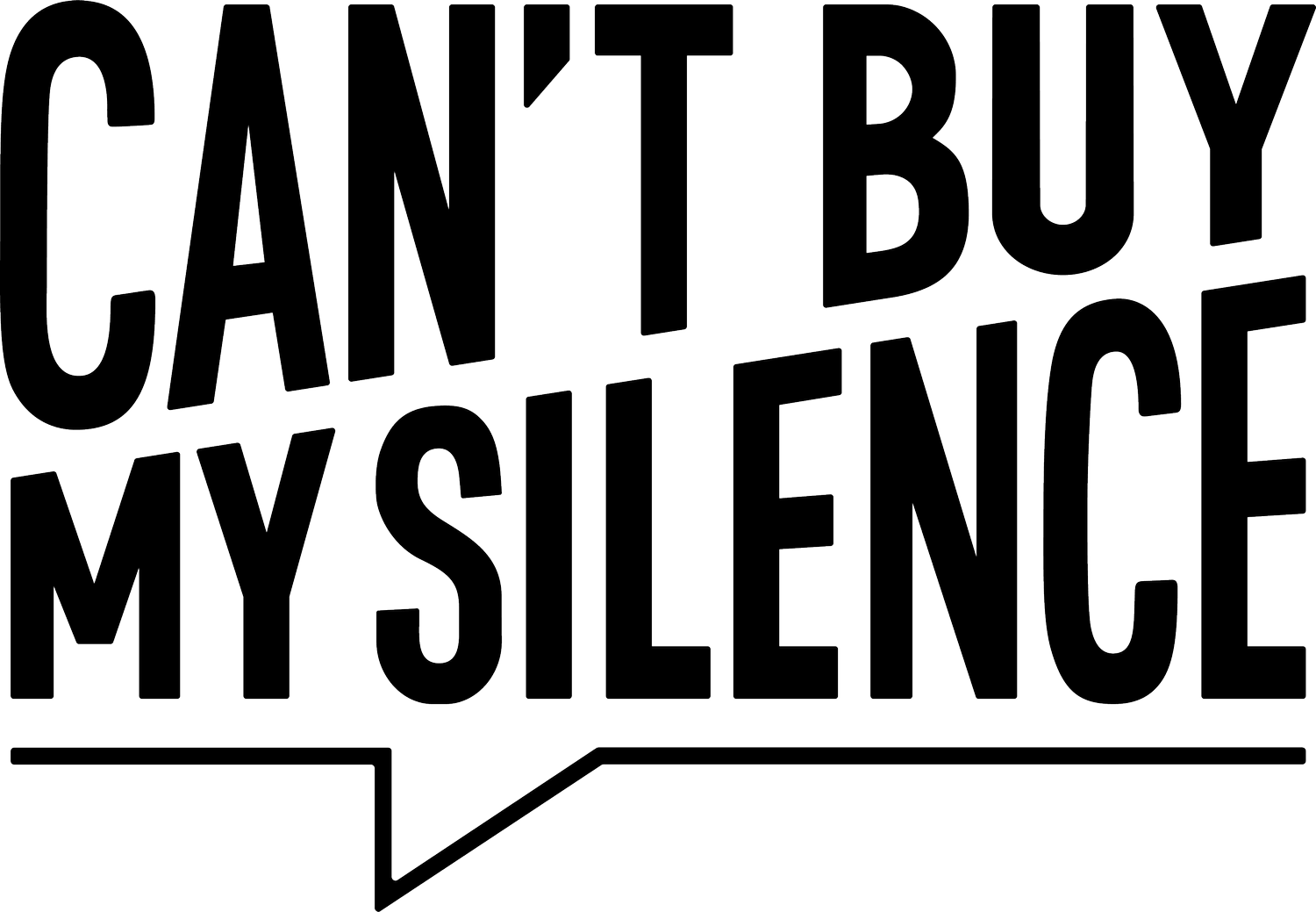STORY 4
It was probably the most difficult decision of my life. It is certainly the one whose consequences have occupied more space in my head than I care to admit. The cost of whistleblowing is high. I’ve subsequently learnt that the cost of staying silent is higher.
My story took place in a large and well regarded Christian international development charity based in the UK. In 2018, I disclosed to the CEO about serious misconduct by Directors. The CEO acknowledged the gravity of my concerns, we discussed whistleblowing channels and he made a commitment to revert to me with alternatives for next steps. He ended our meeting by praying for wisdom, guidance and restoration of relationships. I felt listened to and hopeful.
Six weeks later, the CEO reneged on his promises and terminated my contract. When I appealed my dismissal and submitted a grievance, I was invited to the UK for a meeting with the Board Chair. He declined my request to be accompanied and our meeting was not minuted or recorded. After accentuating how traumatic grievance and employment tribunal processes can be, the Board Chair proposed an alternative – a settlement agreement. Describing it as a neat way to draw a line under a complex and contested situation, the charity offered a large payment on condition that I signed a contract which absolved them of any liability. Crucially, the settlement agreement was conditional on the inclusion of a confidentiality clause (non-disclosure agreement) as well as the erasure of all data, including the evidence to support my allegations.
The charity paid for me to receive independent legal advice – a requirement in the UK for a settlement agreement to be lawful. However, this does not change the fundamental imbalance of power at play. Nor does it compensate for the fact that most employees facing the decision to sign an NDA are usually doing so when they are highly stressed and have been recently traumatised. In my own case, I was exhausted, depressed and worried about the implications of relocating my family – away from supportive networks of friends, school and church.
I felt deeply conflicted by being asked to choose between making wise decisions for my family or pursuing truth and justice. I signed the settlement agreement which included an NDA.
Within weeks, it became apparent that the charity intended to take full advantage of the silence they had bought from me. The allegations went uninvestigated, Directors were not held to account and any remaining evidence of wrongdoing was buried.
As I recovered from my experience, I started to learn more about NDAs and reflect on their use in Christian organisations and churches. I began to connect with others who similarly had been silenced and realised how widespread they have become. This led me to write my MA thesis on the subject and to campaign for change.
My former employer has recently announced they will no longer use NDAs – and offered to release anybody they have previously bound by one. Whilst they have not honoured this commitment fully in my case, their changing position gives me hope that the dream of Christian organisations and churches being free of NDAs is achievable.
